What Is Yakiniku?
From its inception in wartime Korea to the sizzling grill plates at Jomon, yakiniku has evolved over the years, offering unique flavors and techniques that have captured the hearts (and stomachs) of food enthusiasts worldwide. So, without further ado, let's dive into the rich history of yakiniku!
What does Yakiniku mean?
Yakiniku, a term that originates from Japan, literally means "grilled meat." The roots of yakiniku can be traced back to prehistoric times, when early humans began cooking meat over an open flame. This simple yet revolutionary technique transformed the way we prepared and consumed food, paving the way for the development of more evolved cooking methods over time.
Yakiniku: A Taste of History
While many people associate yakiniku with Japanese cuisine, its origins can actually be traced back to Korea around the time of World War II. As Japan and Korea began to forge closer ties, culinary influences from Korea found their way to Japan, leading to the birth of yakiniku.
Korean barbecue, or "gogigui" in Korean, involves grilling meat – typically beef, pork, or chicken – over a charcoal or gas grill built into the dining table. The meat is often marinated with a mixture of soy sauce, sugar, sesame oil, garlic, and other flavors, imparting a sweet and savory taste. One of the most famous Korean BBQ dishes is bulgogi, thinly sliced beef marinated in a soy sauce-based mixture.
Japanese yakiniku, on the other hand, is characterized by bite-sized pieces of meat and vegetables grilled on tabletop grills. While the inspiration for yakiniku came from Korean barbecue, there are a few key differences between the two. The most noticeable difference is the use of charcoal in Korean barbecue, while yakiniku restaurants, like Jomon, use grill plates for a more consistent heat source and easier control of the cooking process.
The Evolution of Flavors: Japanese and Korean BBQ
As yakiniku made its way into Japanese culture, it began to develop its own distinct flavors and techniques. Japanese yakiniku tends to focus on the natural flavors of the ingredients, often using less marination than Korean barbecue. Instead, dipping sauces such as tare, ponzu, and sesame oil-based sauces are used to enhance the taste of the grilled meat and vegetables.
Another difference lies in the cuts of meat used in both cuisines. While Korean barbecue usually consists of thinly sliced meat, Japanese yakiniku often includes a wider variety of cuts, such as thicker slices, and different parts of the animal, like beef tongue and pork belly, to cater to diverse tastes and textures.
The Modern Yakiniku Experience
Over the years, yakiniku has become a popular dining experience not only in Japan and Korea but all around the world. Modern yakiniku restaurants, like Jomon, are places where friends and family gather around a grill to enjoy delicious food and lively conversation. The interactive nature of yakiniku creates a unique bonding experience, as everyone participates in cooking the food and sharing dishes.
At Jomon, we strive to bring the authentic yakiniku experience to center city Philadelphia. Our menu features a wide selection of premium meat cuts, including Wagyu beef, as well as fresh vegetables for grilling. We also offer an array of traditional Japanese appetizers, sides, and desserts, to ensure a well-rounded and satisfying meal.
A Journey to Jomon: Authentic Japanese BBQ in Philadelphia
When you visit Jomon, you can expect to find the same attention to detail and quality ingredients that have made yakiniku a beloved culinary tradition in Japan. Our expertly trained chefs have perfected the art of yakiniku grilling, ensuring that each bite of meat and vegetables is cooked to perfection. We also provide an assortment of dipping sauces to suit all taste preferences, allowing you to fully customize your dining experience.
As you settle in at one of our grill-equipped tables, you'll immediately feel the warm and welcoming atmosphere that we've cultivated at Jomon. We are passionate about food and are eager to share our love for yakiniku with you. Our knowledgeable staff is always available to guide you through the menu and offer recommendations, ensuring that even those new to yakiniku can have an enjoyable and memorable meal.
In addition to our traditional yakiniku offerings, we also take pride in our innovative dishes that showcase the versatility of Japanese flavors. From savory appetizers to mouthwatering desserts, our menu reflects the perfect blend of time-honored recipes and modern culinary creativity.
As a part of the center city Philadelphia community, we at Jomon are committed to providing our guests with an unforgettable dining experience. We believe that the history of yakiniku is not only about the evolution of flavors and techniques but also about the cherished memories and connections made while enjoying a meal together. So, whether you're a seasoned yakiniku enthusiast or a curious newcomer, we invite you to join us for a delectable journey through the world of Japanese BBQ.
Come and discover the rich history, diverse flavors, and warm camaraderie of yakiniku at Jomon. We look forward to welcoming you and creating new memories around the grill.
Itadakimasu!
